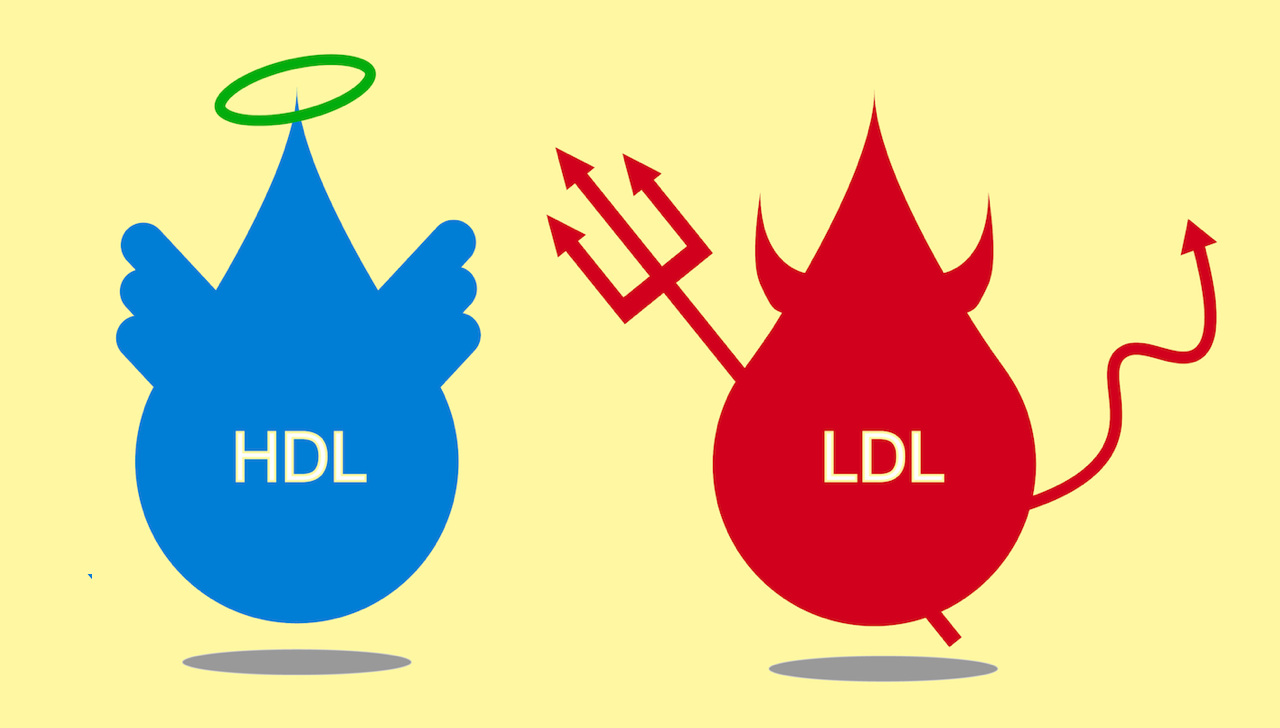Cholesterol is a fatty substance produced naturally by your liver and is used for many different things in your body. Cholesterol is one of the most important contributing risk factors leading to the development of heart disease and stroke. Others include age, gender and genes.
What is cholesterol, exactly?
Have you heard your doctor talking about LDL and HDL cholesterol? LDL (Low density lipoprotein) is known as the ‘bad’ cholesterol because it contributes to heart disease by ‘sticking’ to and narrowing the arteries supplying blood to your heart. HDL (High density lipoprotein) cholesterol is known as the ‘good’ cholesterol because it keeps LDL levels in check.
How do I know if I have elevated levels of cholesterol?
Most people who have elevated cholesterol levels surprisingly have no signs or symptoms. Dr Russell Thomson from Hello Doctor advises that you check your cholesterol levels if you have a family history of elevated cholesterol or have been following a poor diet and lead a sedentary lifestyle. If you wait too long, your first symptom might be heart attack or stroke.
How do I get tested?
Your doctor will ask about your family history, carry out a physical exam and take a blood test. You can also get your cholesterol screened at some pharmacy chains, like the Dischem MHealth programme.
Tips for lowering your cholesterol
For most people, abnormal cholesterol levels can be traced to an unhealthy lifestyle – from spending too much time sitting down, and eating an unbalanced diet. Quitting smoking, eating a balanced diet and getting some regular exercise are ways to combat problems with cholesterol.
Dr. Russell Thomson from Hello Doctor suggests choosing healthier unsaturated fats found in foods like avocados, certain nuts like walnuts and oily fish. He also recommends reducing the amount of saturated and trans-fats you eat including chips, processed foods and fried foods.
Find out more about cholesterol
If you want to talk to a doctor about your risks or how to manage your cholesterol, you can do it at any time. Simply sign up on our website. download the free Hello Doctor app from the Google Play or iTunes store. You can contact our doctors 24/7, 365 days of the year!
Questions to ask your doctor (or ours)
- What are the dangers of high cholesterol
- How can exercise help to lower my cholesterol?
- How often do I need to get my cholesterol level checked?
- What lifestyle changes can I make to help reduce my cholesterol?


